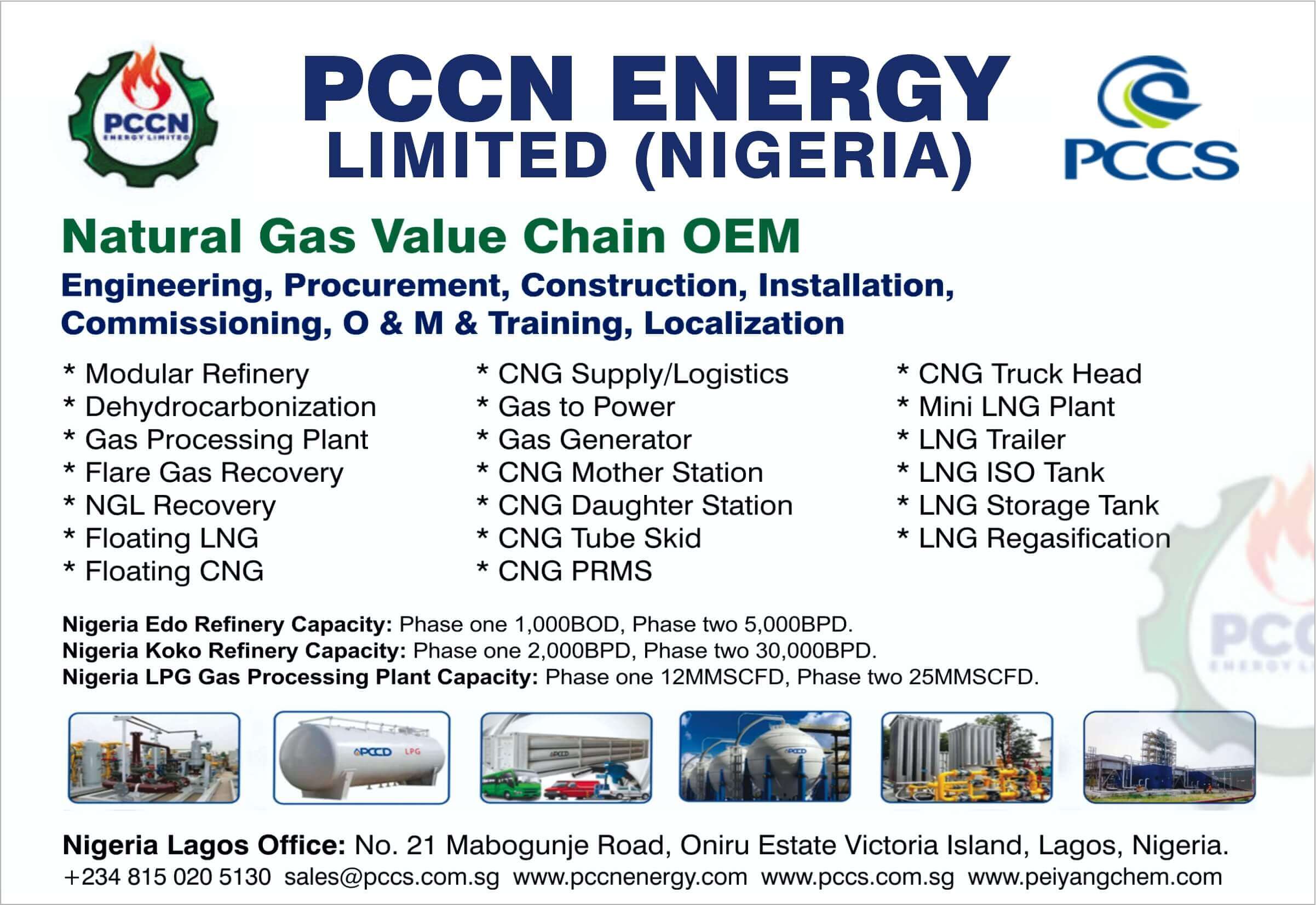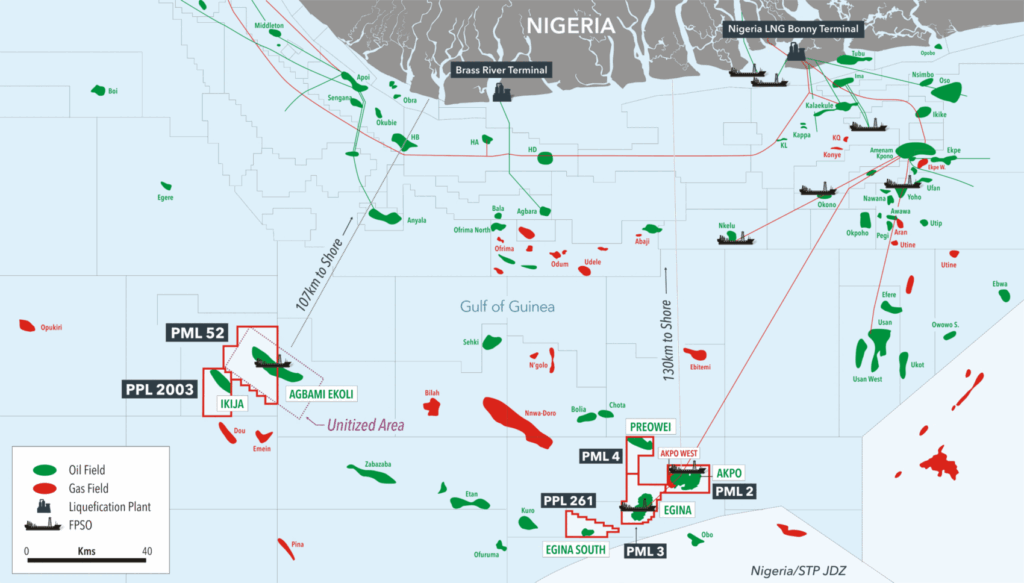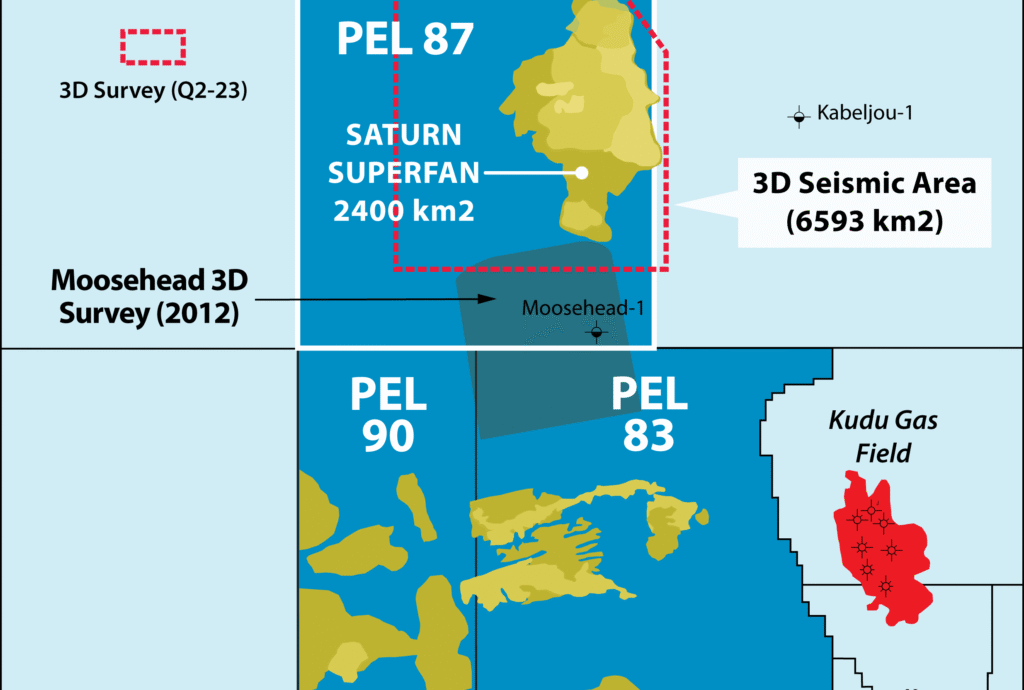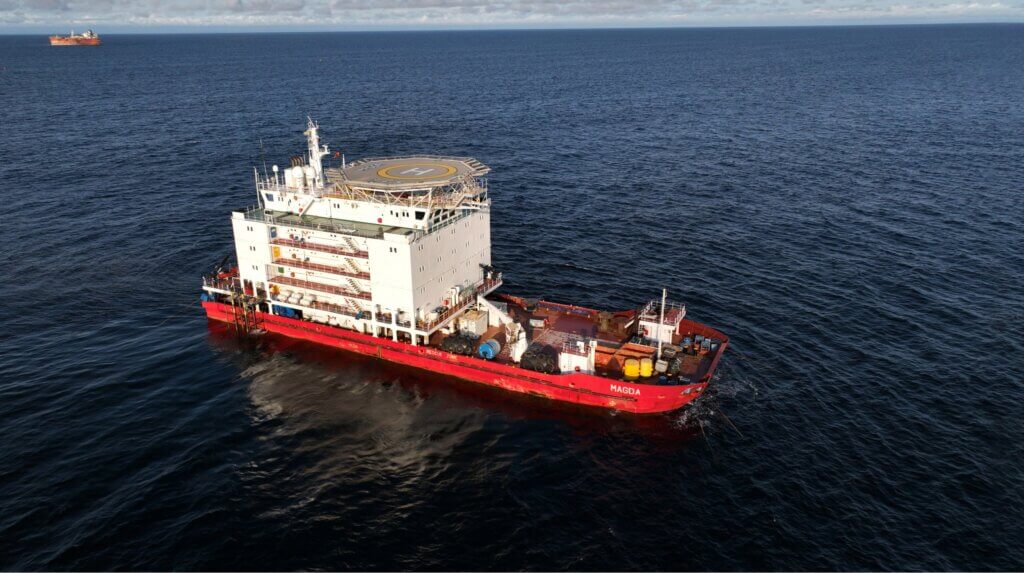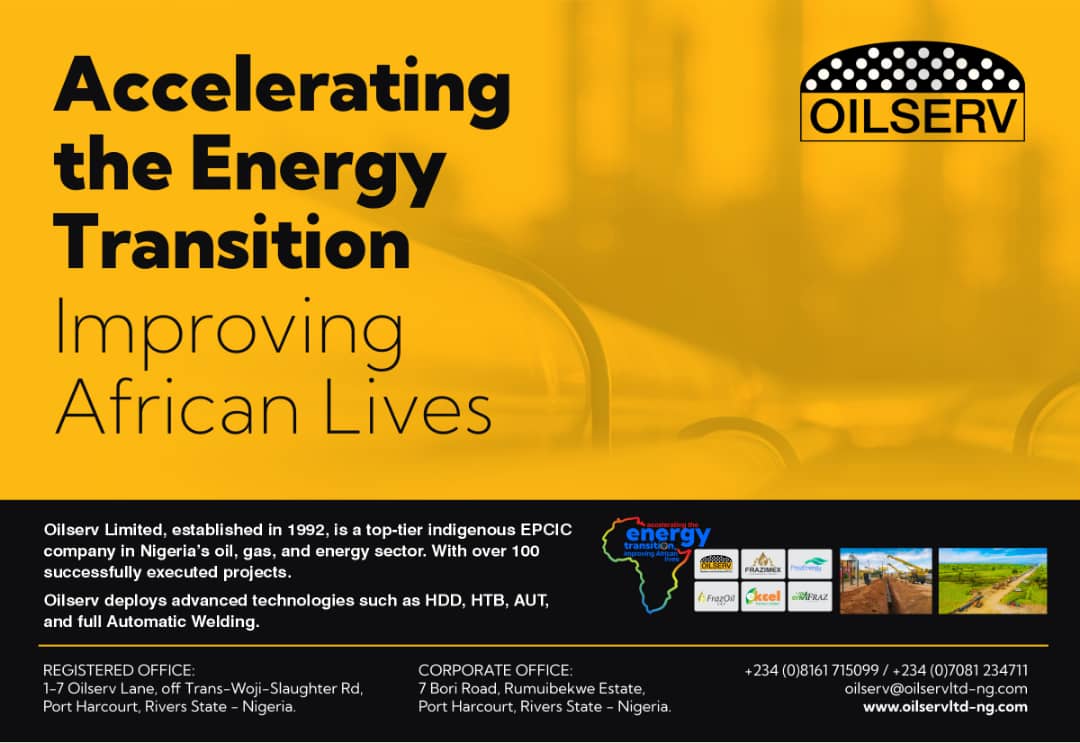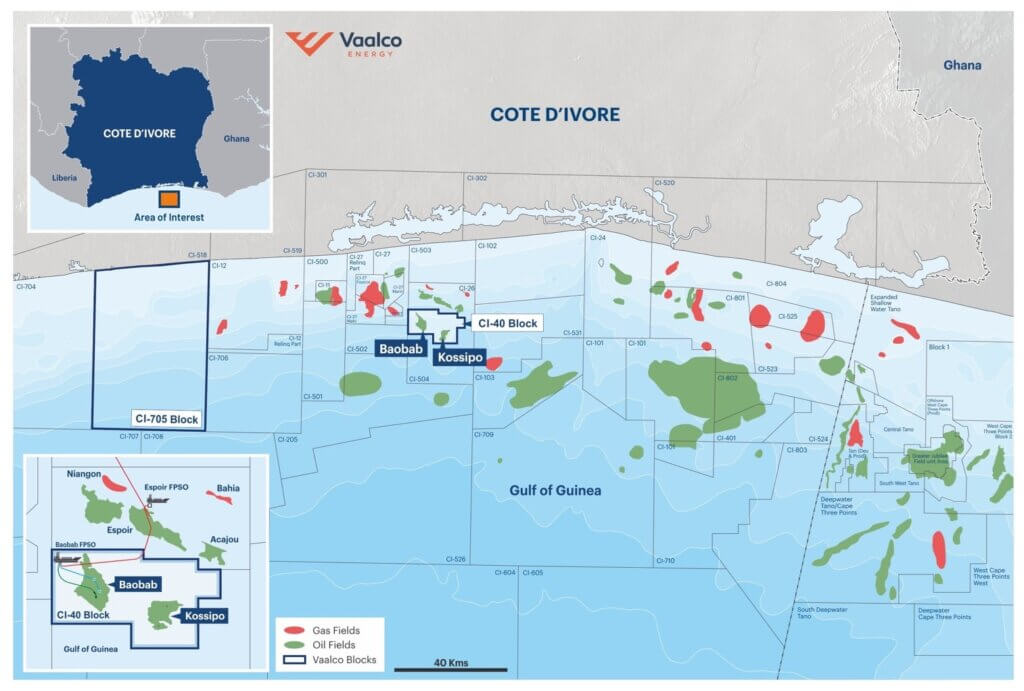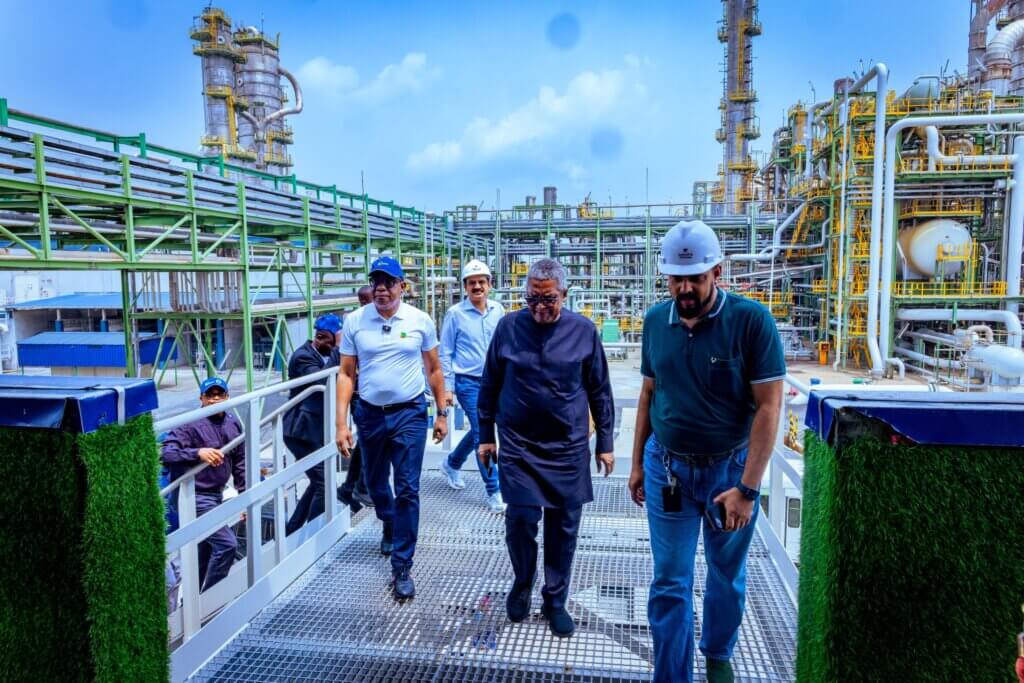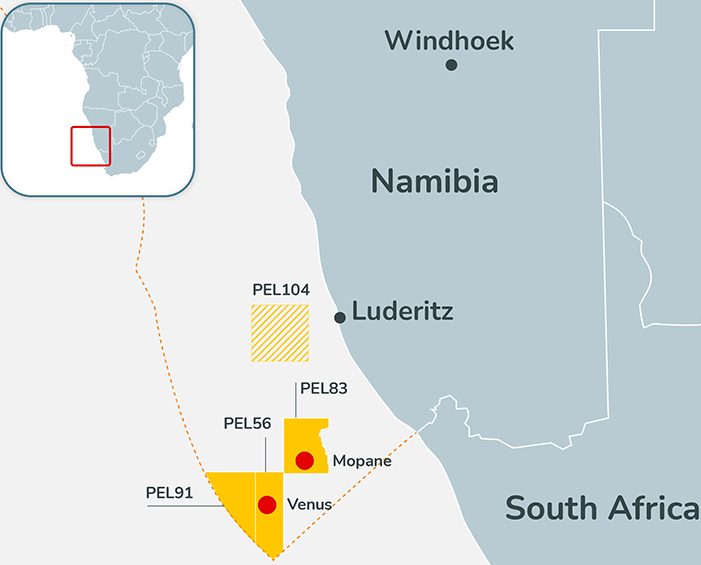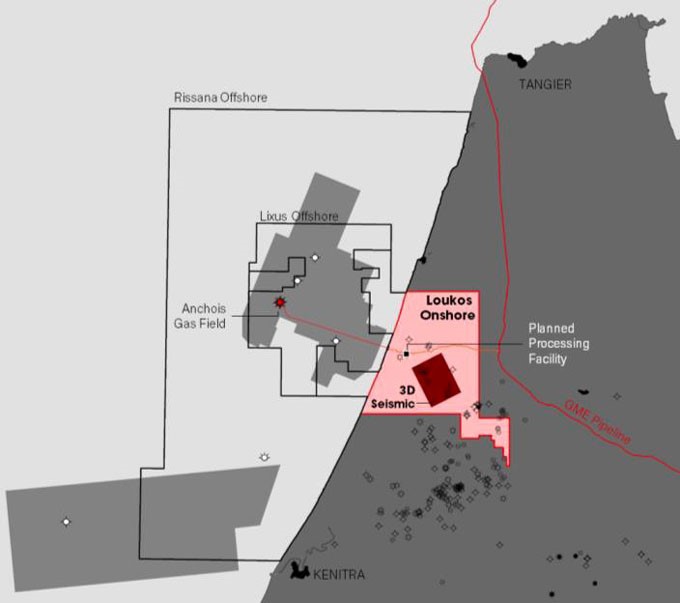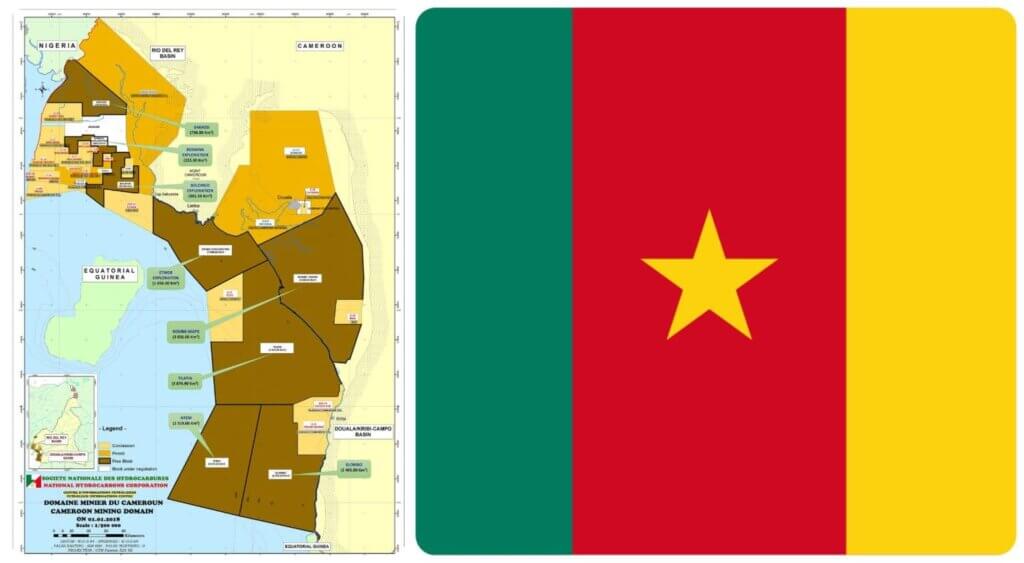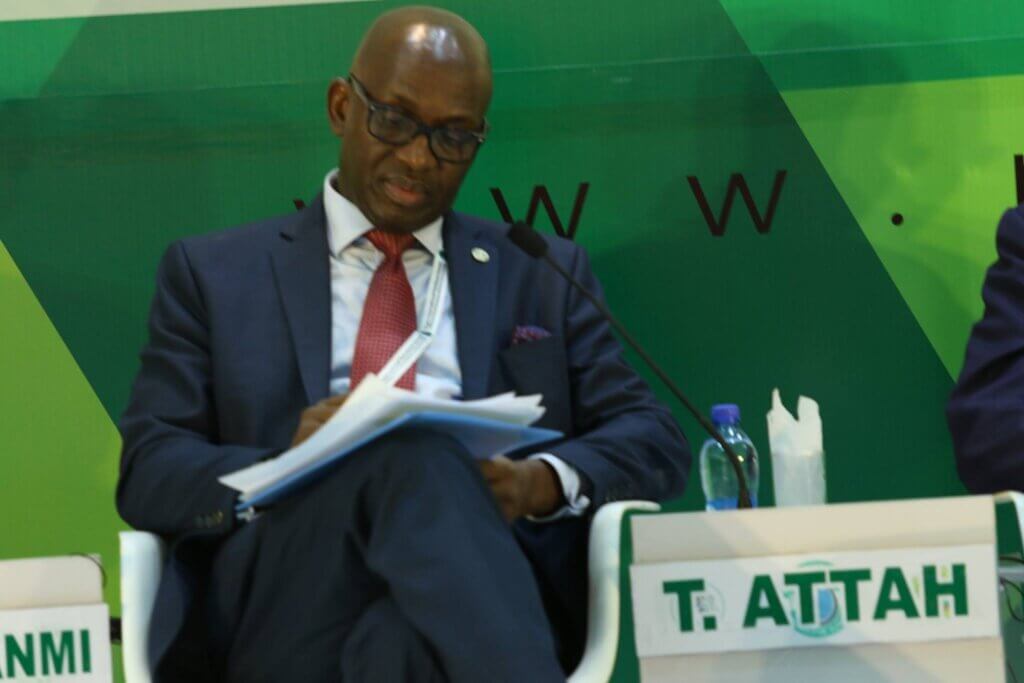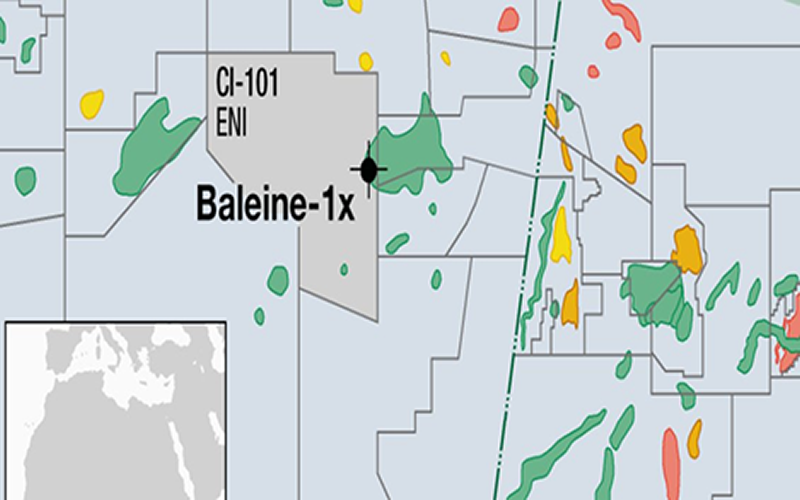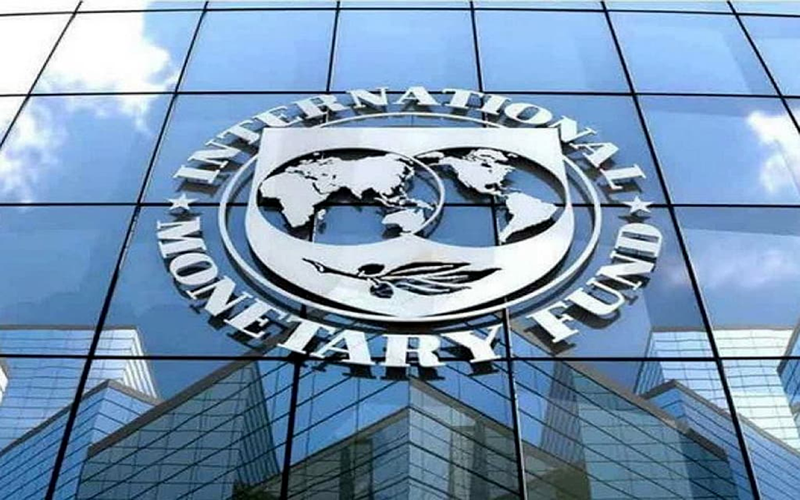
The Gabonese government has undertaken to carry out an audit of the oil sector. This commitment is contained in Gabon’s Memorandum on Economic and Financial Policies (MEFP). The document is attached to the letter of intent addressed by Libreville to the International Monetary Fund (IMF), to benefit from financing from the financial institution last June according to New Gabon.
The audit will cover the five major companies in the sector, namely: Perenco (45 fields), Total Gabon (11 fields), Assala Gabon (8 fields), Maurel & Prom (8 fields), and Vaalco Gabon (5 fields).
The audit will be carried out by an “ independent” international firm “specialized in cost-oil”. His recruitment should take place no later than the end of October 2022, project the Gabonese authorities. The auditor in question will have to “assess the agreements between the oil companies, the State and the public companies; establish the level of cross-debt between the government, public companies and private oil companies” , and assess the production costs (cost-oil), specifies the memorandum.
According to the IMF, the audit will make it possible to have in a detailed way, a better visibility on the production costs of petroleum products in Gabon for more transparency in the sector. “We would like to ensure that the production costs reflect the expenses that are incurred in the context of oil production,” explains Agou Gomez Gbedia, resident representative of the IMF in Gabon.
Another element that is essential in this audit “will be to look at the principles of compensation for VAT” , according to the resident representative of the IMF. Because, some companies do not always respect the principle of VAT compensation which is to pay the VAT to the tax or customs administration, and to be reimbursed later by taxes or customs. However, some of them “reimburse themselves of the VAT by keeping with them part of the income that they should pay to the State. So we would like there to be an audit of this compensation process,” continues Agou Gomez Gbedia. It is a question of ensuring that all the resources that should be paid to the State by the oil companies have been paid in full.
It should be noted that oil remains the leading contributor to Gabon’s national budget despite the drop in production recorded in particular in 2020 due to the health crisis. According to data from the Ministry of Economy, oil exports in 2021 recorded an increase of 2.8%, reaching 2,185.8 billion FCFA.




























